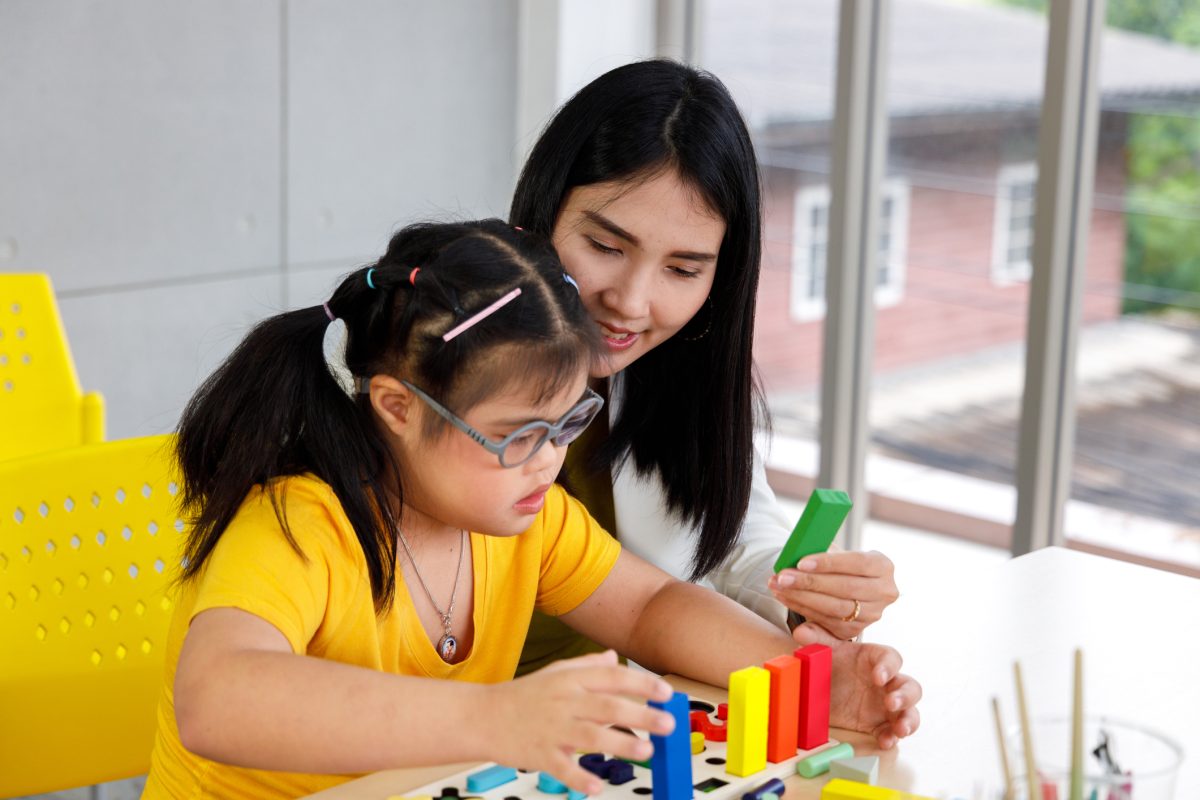6 Things Every Family Should Have in Their Toolkit

There are so many different types of support available when you are raising a child with disability.
From specialists and different types of therapists, like speech pathologists and occupational therapists, to support workers and therapy assistants. Additionally, important people in your child’s life, like family members, friends, educators and instructors, can form part of the team around your child (it really does take a village!)
However, with so many different people, it can be a challenge to get everyone on the same page and working together well as a team. We suggest building a toolkit of resources about your child and your family. That way, your team can hit the ground running, helping your child build capacity and confidence.
This toolkit can be shared with every new professional you work with, from therapists to doctors, specialists, and educators. Let’s get started!
Sharing is caring!
Consider what information you want to share directly with professionals before your child is present and listening or in writing before a session.
This is not because you want to keep this information from your child, but because you want your sessions to be positive and coming from a place of strength and progress.
Resource 1: The About Me Profile
Kids love doing things they enjoy. And kids succeed when they do things they love.
One of the most important things you can share with any member of your therapy team is an About Me profile of your little one.
These are a great way to give a snapshot of the things that are important for your child. We’re talking favourites, interests, passions and people. It can also include things they don’t like, and the best strategies to support them.
You can access Kindred’s guide to creating an All About Me page and download our template here.
Resource 2: The Parent Statement
Another great tool to have in your arsenal is a Parent Statement. This can be a guide to what is important to you for your child – things like independence, equity, happiness, opportunity to succeed.
You can also outline what you expect from therapy (like involvement in sessions, inclusion, family centred and child led approaches). And what you don’t want for your child (like exclusion, too much external support, learned helplessness, being singled out or separated from friends).
Resource 3: The Medical Story
Consider writing your child’s medical history, so you can share it every time you are asked about milestones. We highly recommend this if you are at the early stages of your child’s journey, because it can be so annoying having to waste time, providing the information over and over again.
Going back as far as pregnancy complications, birth complications, AGPAR scores, feeding challenges, to first roll, first sit, first stand, first walk, first word, first clap, first diagnosis … it can all help.
You can access Kindred’s guide to creating your Child’s Medical History here.
Resource 4: The Communication Platform
Families use different tools to keep communication open across the whole team, and share information, progress towards goals, and celebrate ‘wins’.
We suggest looking at platforms like SameView, Hibi, or Google Docs to see what could work for your family and team.
Resource 5: The Video Log
There are many advantages to keeping videos of your progress, especially in therapy sessions. You can go back and listen to the language and cues used and see the way a child is physically supported through an activity.
As well as recording in-session activities, you could also record your therapist talking about strategies, sharing background information, or making suggestions.
Videos can jolt your memory and be shared with your partner or other members of your child’s team (therapists, pre-school, day-care, or a carer).
Resource 6: The Annual Session
Consider organising a a half-yearly or annual session with your whole therapy team.
These kinds of sessions are a great opportunity to get everyone on the same page. You can share challenges and look for solutions, consider what has worked, and set goals for the next 12 months as a team.
If your child receives NDIS funding, it could be valuable to do this a few months prior to review. That way, you can prepare reports as part of the planning process.